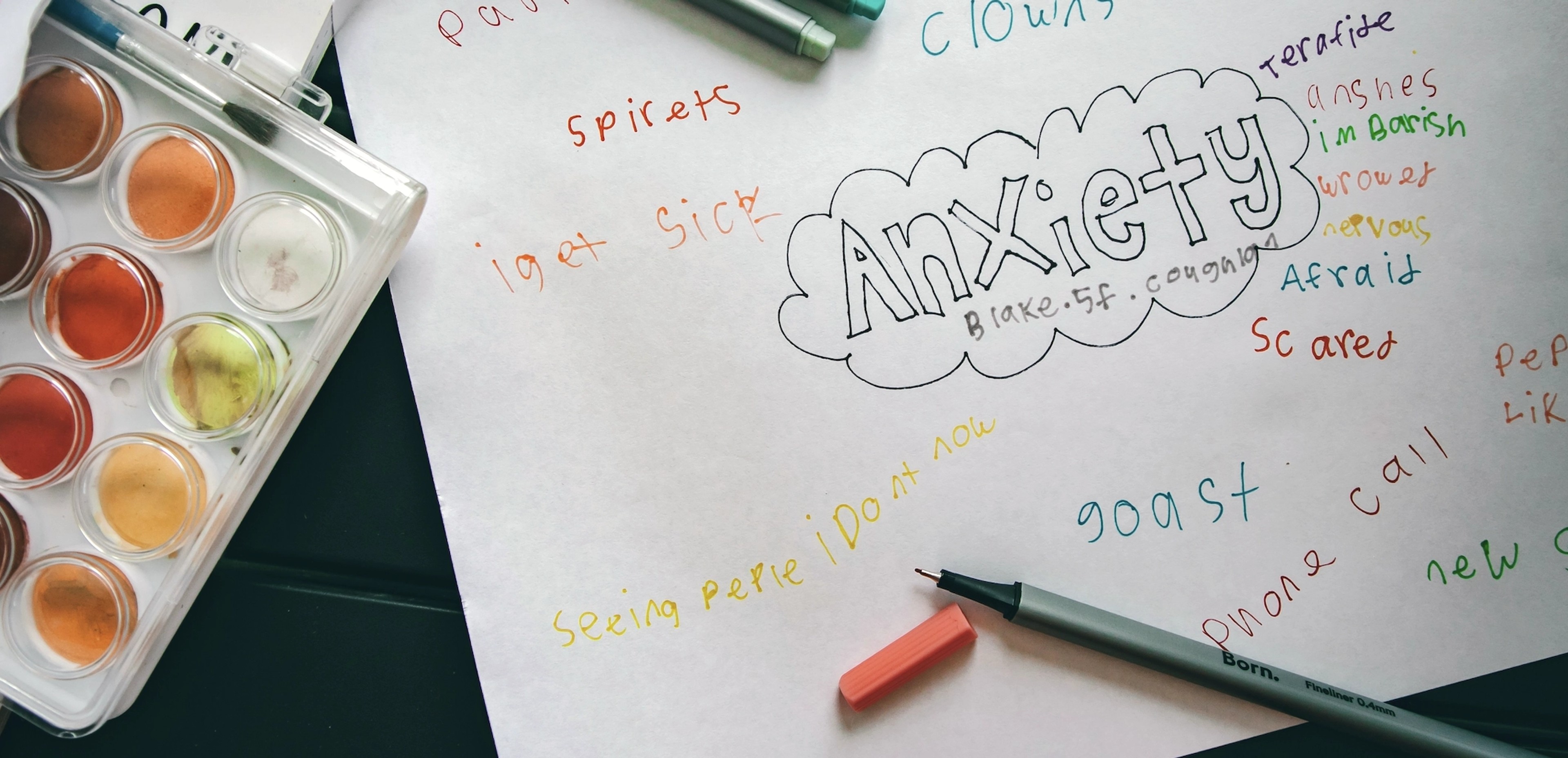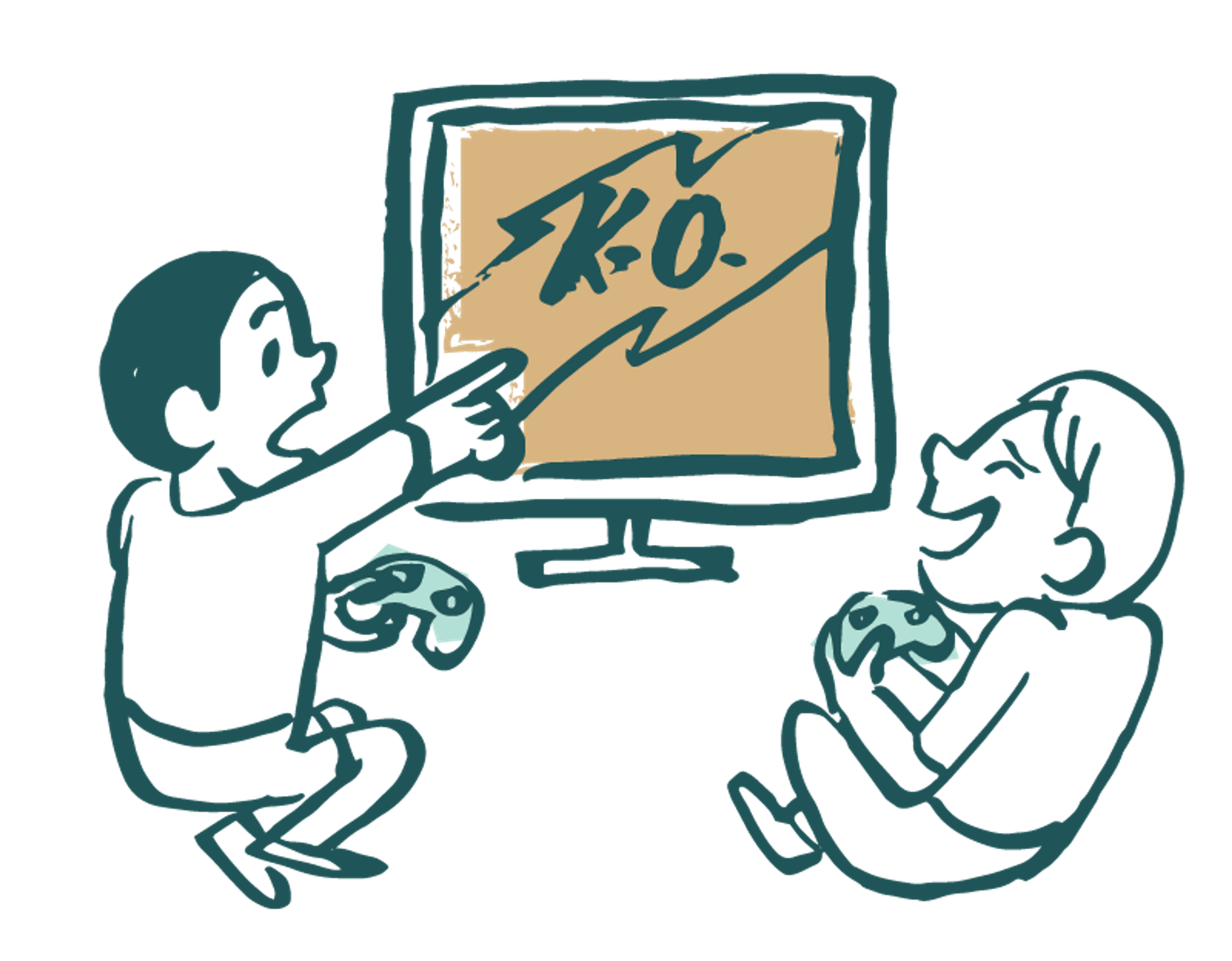Mindful Reading for Social Emotional Regulation
With winter on its way, you might be spending more time indoors and looking for activities that allow you to stay cozy and warm! Reading with kids can be an excellent way to strengthen adult-child relationships, develop literacy skills, as well as attend to children’s social-emotional development (Sheldon-Dean, 2023).
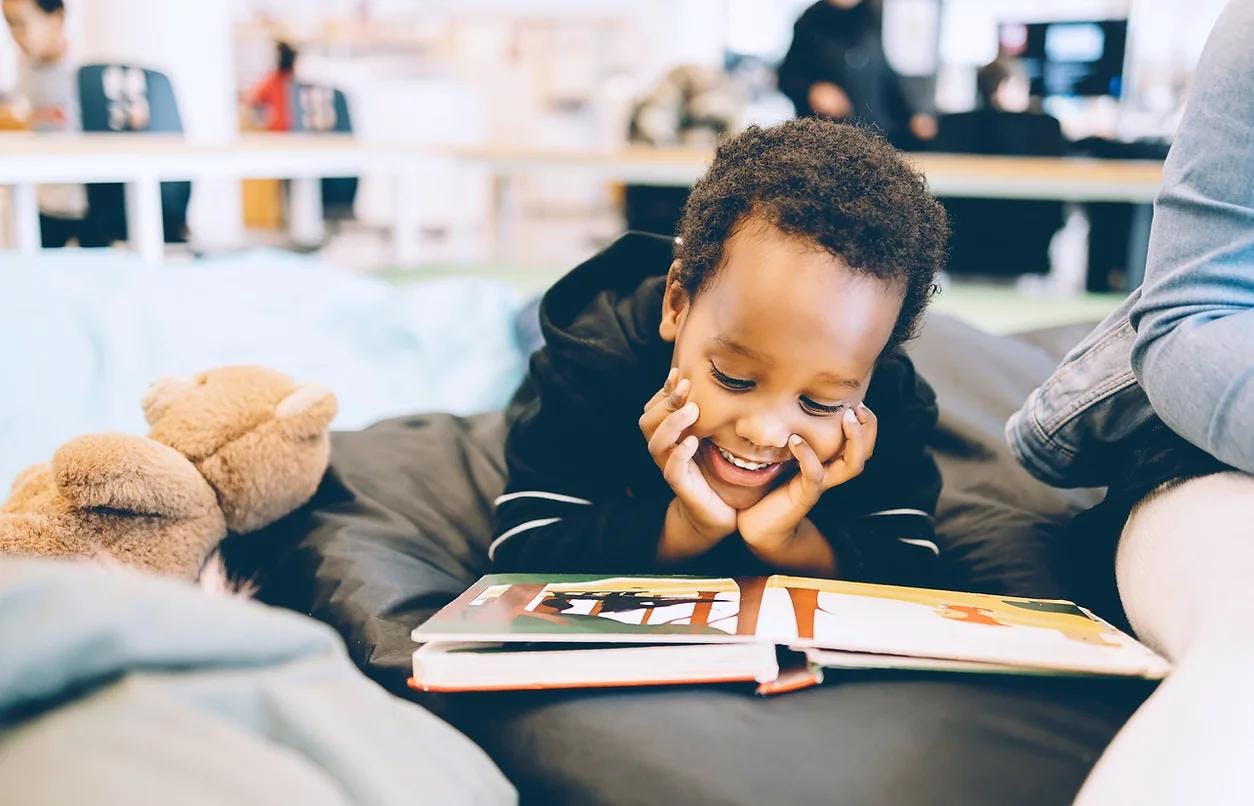
What does the research say about reading with children?
Aside from the many benefits of reading in the cognitive domain including the building of language pathways, effective language use, literacy development, building vocabulary, understanding of grammar, and being exposed to a broad base of background knowledge - reading with children can have several other benefits for their emotional intelligence and social competency (Sheldon-Dean, 2023).
How can reading help with social-emotional development?
Reading with children may help them with foundational skills such as building emotional awareness, managing their own feelings in healthy ways, and developing empathy for others (Sheldon-Dean, 2023). Books that are fiction or narrative-based can help children develop theory of mind (or the ability to see both their own and other people’s perspectives and mental/emotional states) as well as elicit emotional reactions and empathic connections (Batini et al. 2021). Reading books with characters from all different backgrounds, situations, and who are dealing with their own challenges or emotions can also help children appreciate other cultures and perspectives, and teach them how to handle their own emotions and empathize with others (Batini et al., 2021; Sheldon-Dean, 2023). Talking with children about the stories, the character’s emotions, and their own emotions can also foster empathy development and emotional understanding (Batini et al., 2021; Sheldon-Dean, 2023).
In addition to the content of the books themselves, reading with children may help them in their social-emotional development through the modeling of emotions adults do with their facial expressions and tone of voice as they read (Santos et al. 2012). Providing children with reading experiences may also make them less likely to develop behavioural problems (Batini et al. 2021).
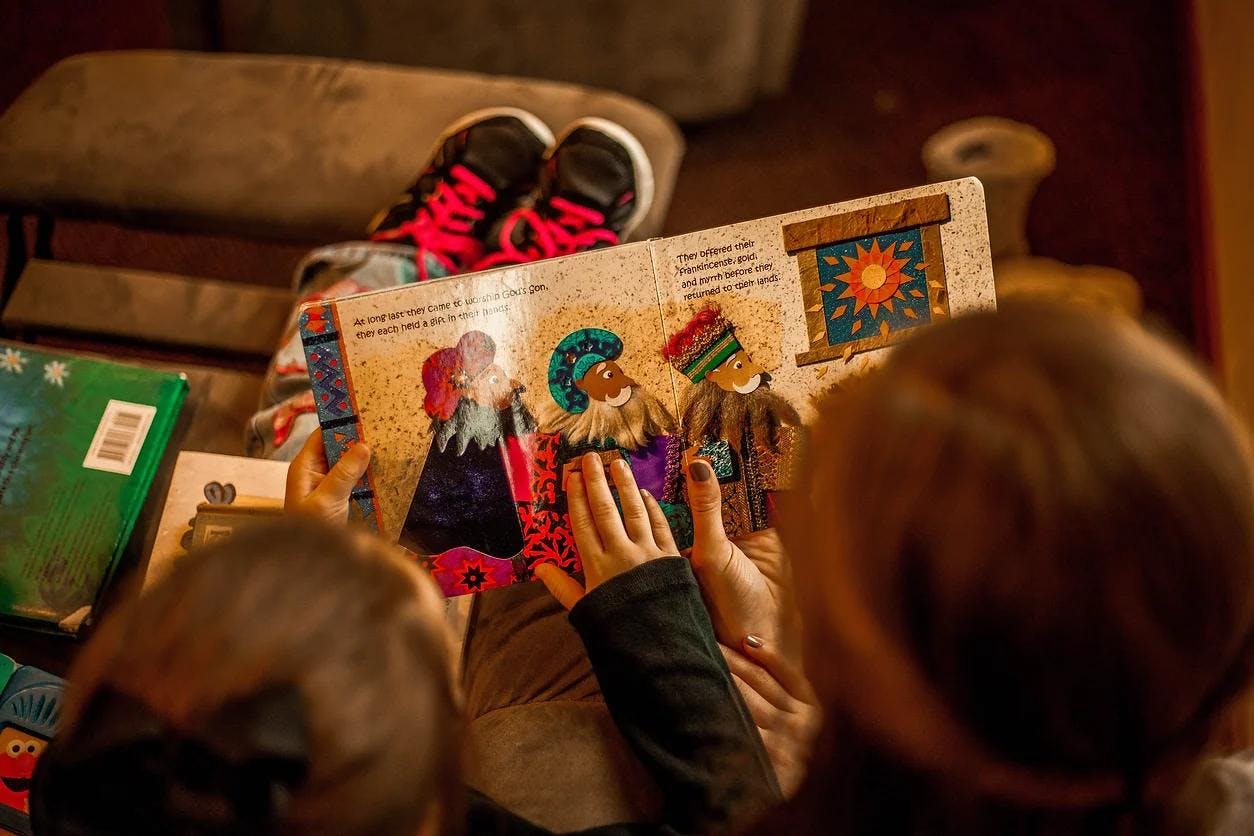
What are some books we can read for social-emotional development?
There are so many amazing books that have social-emotional concepts within them, but it might be difficult to figure out where to start! We have compiled a list of a few suggestions to get you going:
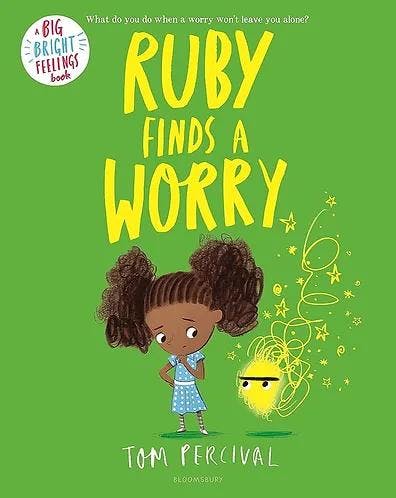
Ruby Finds a Worry, written by Tom Percival (recommended for ages 3-6 years old)
- This is a great book to help children understand worries and anxiety, and how they can affect their daily life. The story may help normalize worries for kids, as well as show children how to manage their worries through talking about them.
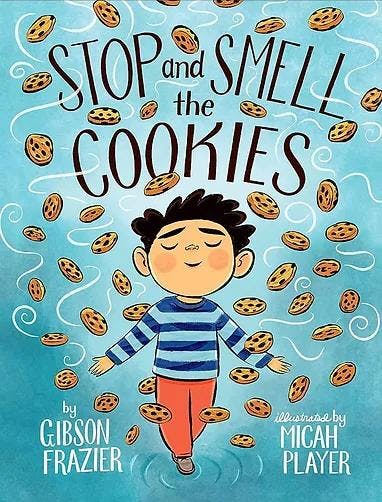
Stop and Smell the Cookies, written by Gibson Frazier (recommended for ages 4-8 years old)
- This book explores having big emotions and how they can affect your behavior and those around you. It provides strategies for emotional regulation so kids can learn to manage overwhelming emotions and have positive interactions with others.
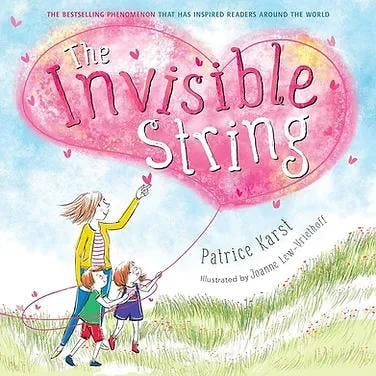
The Invisible String, written by Patrice Karst (recommended for ages 3-10 years old)
- This book may help children with dealing with fear, transitions, distance, or loss, and staying connected to loved ones. This book can be helpful for general social-emotional learning, but also may help those dealing with grief and loss.
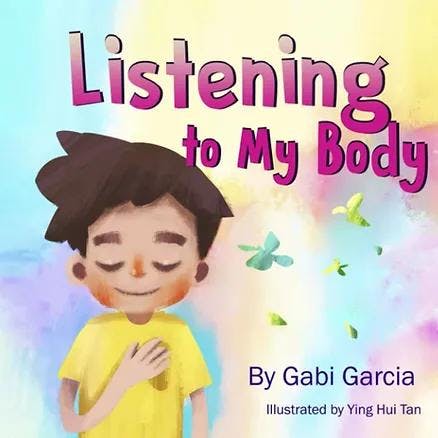
Listening to my Body, written by Gabi Garcia (recommended for ages 4-10 years old)
- This book explores different sensations children might experience in their bodies, and mindfully observing what is happening in their bodies and emotions. This book can also help children with identifying their sensations and emotions so that they can figure out and communicate their needs.
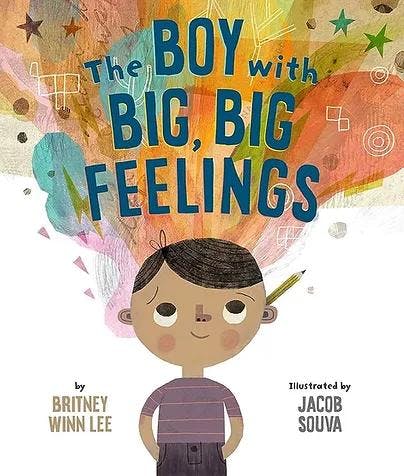
The Boy with Big, Big Feelings, written by Britney Winn Lee (recommended for ages 4-8 years old)
- This book takes children through many big emotions that they can experience, and how other people’s emotions can also affect their own. This book may help normalize children who feel things very deeply, and validate their experiences.
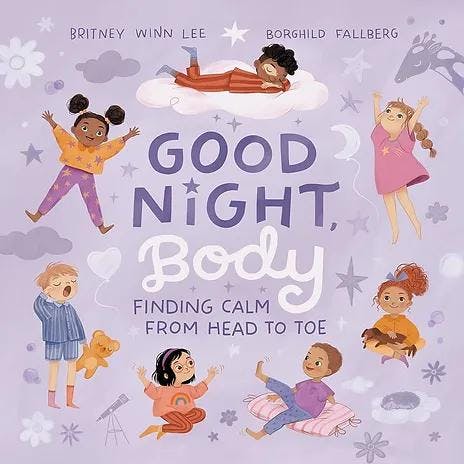
Good Night Body, written by Britney Winn Lee (recommended for ages 4-8 years old)
- This book guides children through a mindful routine to do before bedtime that allows them to connect with their bodies, find a place of calm, and do a gentle body scan. This may help children with practicing self-compassion and self-care.
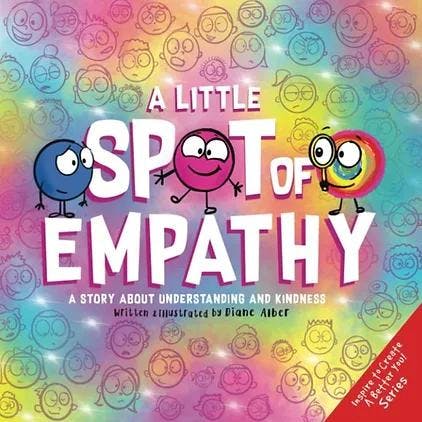
A Little Spot of Empathy, written by Diane Alber (recommended for ages 4-10 years old)
- This is a great book for building foundational skills in empathy and recognizing the thoughts and emotions of others. It introduces the idea of seeing things from other people’s perspectives and how to treat others to build healthy relationships.
We wish you a warm and cozy start to the winter season. Feel free to let us know if you read any of the books on our list, or if you have other recommendations you’d like to share with us. Happy Reading!
References & Further Reading:
Batini, F., Luperini, V., Cei, E., Izzo, D., & Toti, G. (2021). The association between reading and emotional development: A systematic review. Journal of Education and Training Studies, 9(1), 12-50. https://doi.org/10.11114/jets.v9i1.5053
Mendelsohn, A. L., Cates, C. B., Weisleder, A., Berkule Johnson, S., Seery, A. M., Canfield, C. F., ... & Dreyer, B. P. (2018). Reading aloud, play, and social-emotional development. Pediatrics, 141(5). https://doi.org/10.1542/peds.2017-3393
Santos, R. M., Fettig, A., & Shaffer, L. (2012). Helping families connect early literacy with social-emotional development. Young Children, 67(2), 88-93.
Sheldon-Dean, H. (2023, January 19). Why is it important to read to your child?
The benefits go far beyond literacy. Child Mind Institute. https://childmind.org/article/why-is-it-important-to-read-to-your-child/

